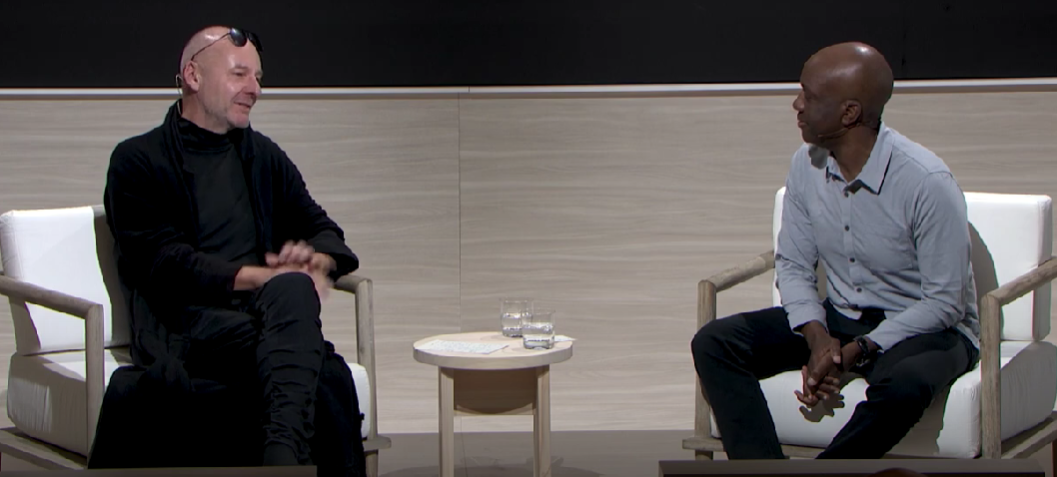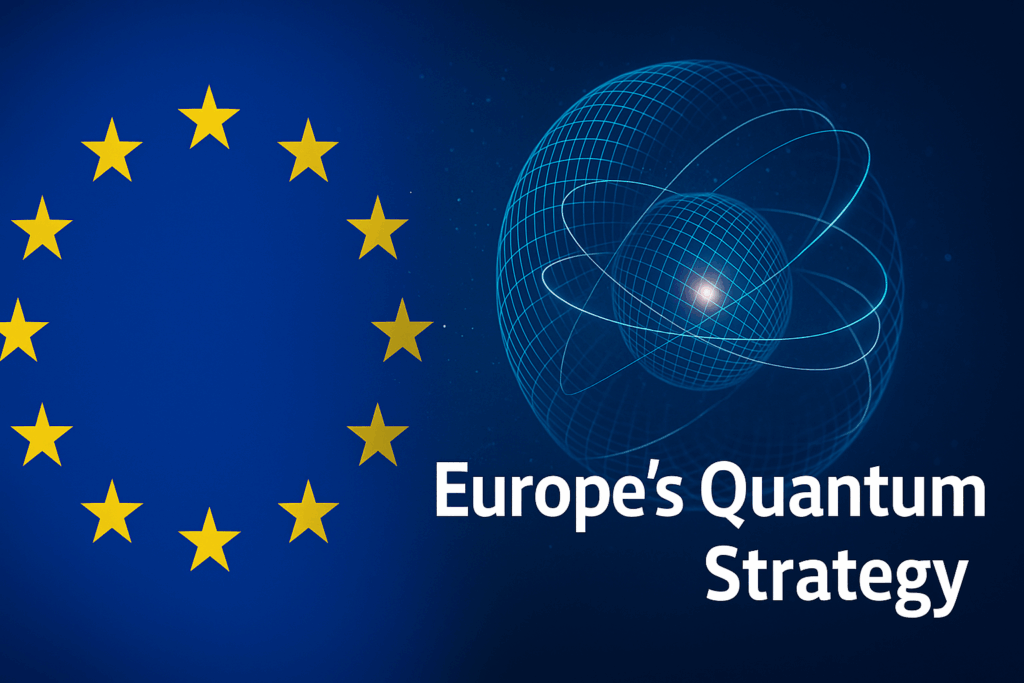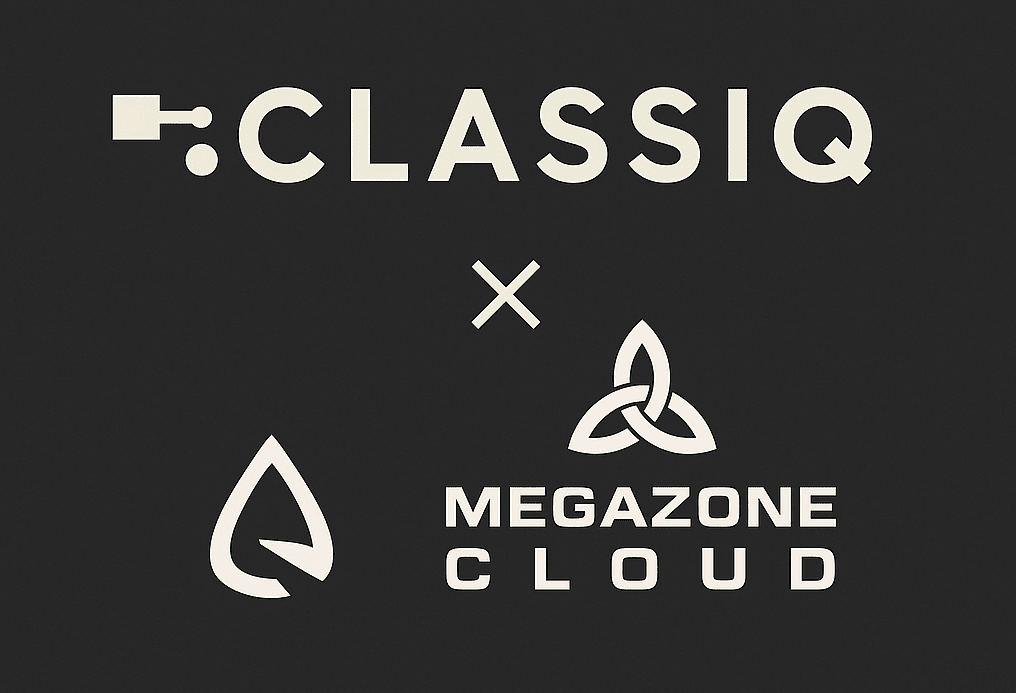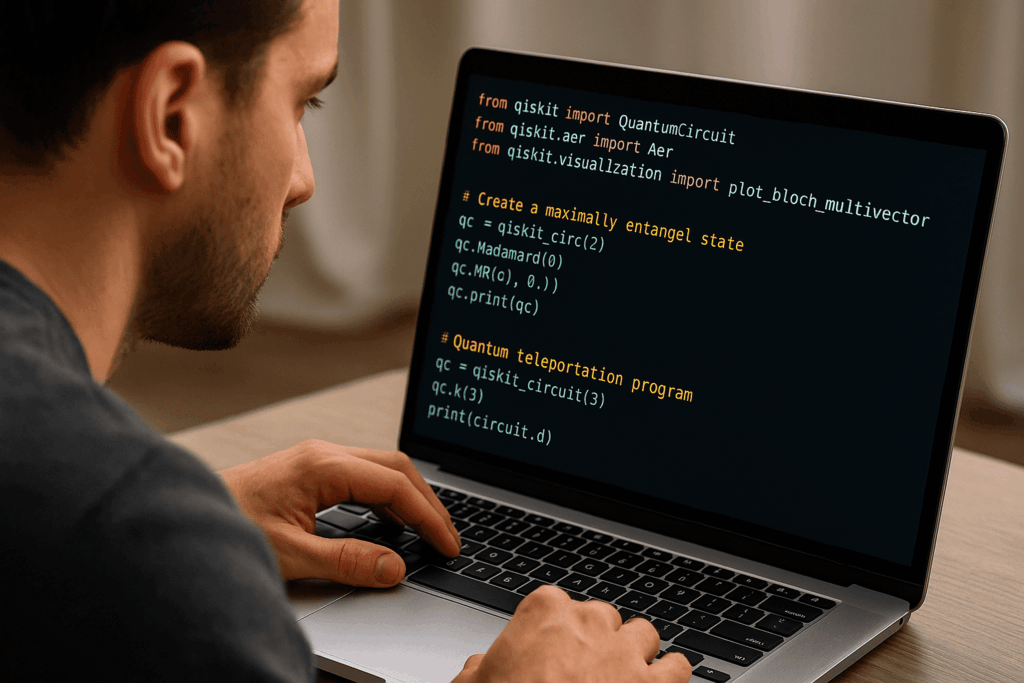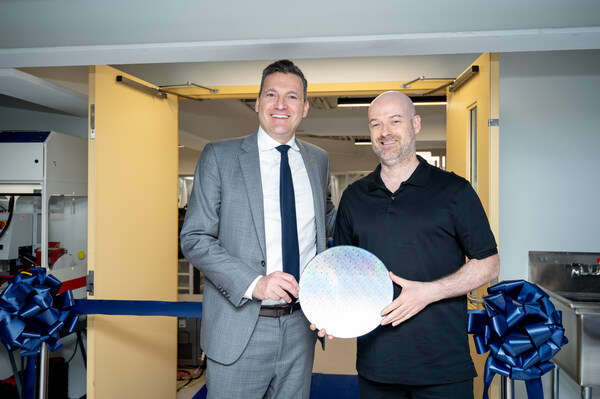Top Authority
Hartmut Neven, who is Vice President of Engineering at Google where he leads the Quantum Artificial Intelligence Lab (which he founded in 2012), is one of the top authorities on quantum computing in the world, and an individual who has made important contributions to quantum machine learning and other areas of the space.
Recently, Neven sat down with academic, consultant and business executive James Manyika at Google Zeitgeist to talk about quantum computing. And Manyika, who is Google’s first Senior Vice President of Technology and Society, had some great questions for the man who formulated “Neven’s law”, the observation that quantum computers are gaining computational power at a doubly exponential rate.
Quantum For The Future
After a primer on what quantum computers are, what they can actually do and highlighting the multiverse where everything in it is really a multiobject, Manyika asked Neven how he envisions the role of quantum tech in the future. Neven’s answer was serious food for thought:
“My wife and I have two boys. And I want them to enjoy the world as much as I have. To ensure this, we have to slow down climate change. We have to ensure an energy economy that emits less Co2. So, we need to find new ways to produce energy, transport energy and store energy. If you had a quantum computer, it would be a marvellous tool to design the technologies needed here.”

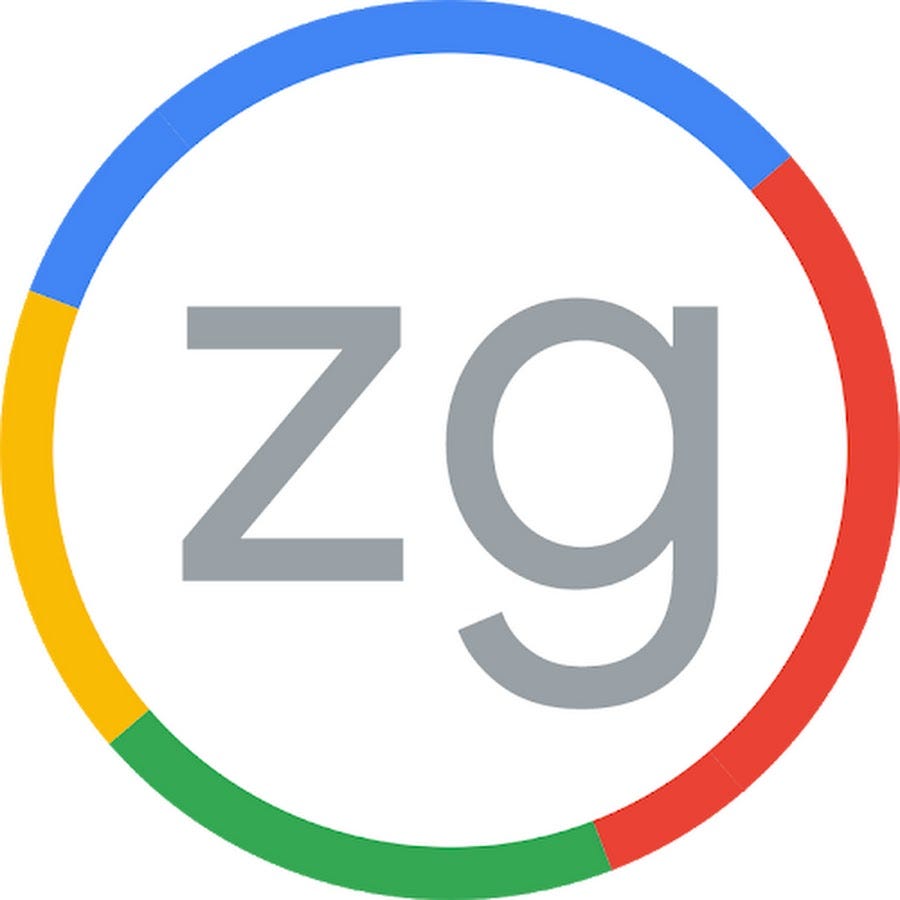
Hype aside, Neven is aware it’s a race against time but his mission as Lead at Google’s Quantum AI Lab is to build a large, useful quantum computer with about a million physical qubits.
“Today we have a hundred qubits,” said Neven, “so there is some way to go, but we hope to get there at the end of the decade.
And Google’s getting there, with its 54-qubit Sycamore chip, capable of performing a calculation in 200 seconds that would take a classical computer 10,000 years to complete. This was the basis of Google’s quantum supremacy achievement — one which Neven was at the heart of — widely hailed as a major milestone in the development of quantum computing and an important spur for further research and development in the field.
2022: A Great Year For Quantum
After Manyinka had mentioned that 2022 has been a fascinating year for quantum, with the Nobel prize for physics going to three scientists for their work on quantum entanglement, he asked Neven how quantum would assist (or threaten) encryption protocols in the future.
“I have some good news,” said Neven, “in the sense that computer scientists, governments, academia, and companies are quite aware of the problem — and they have been keeping busy developing encryption protocols immune to quantum attack. Once we have this big, useful quantum computer, encryption at that time would change and our data will be safe.”
The Google Zeitgeist host then steered the conversation toward how the Quantum AI Lab was going down other avenues of corporate responsibility in the sense of jobs and inclusivity.
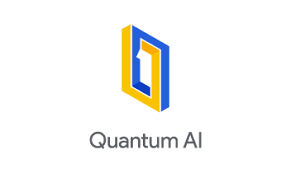
Inclusion
“One key aspect of our field is this workforce development,” said Neven. “In some ways, it’s good. Quantum technologies are not just quantum computing. Quantum technologies overall is a job creator, and we currently create more jobs than we currently fill. In quantum computing, similarly to many STEM fields, there’s still a lack of diversity, let’s say, along gender or other dimensions of diversity and, of course, we would like to improve on this.”
And Manyinka’s final question to Neven:
“Do you have any idea when we can expect fully functional quantum computers?”
A tough one, but a question Neven had an answer for: “Our plan right now calls for finishing this by the end of the decade when we would be able to handle commercial work. There are already interesting discoveries made today but to have solid quantum computing services you could access, hopefully by this decade.”
The future’s our own to decide. Quantum, though an unknown quantity in many senses today, should improve over time. And the Google Quantum AI Lab, helped by people of Neven’s calibre, will be there or thereabouts when the technology really shows its potential.
Feature image: Hartmut Neven with James Manyika: Google Zeitgeist YouTube screenshot
If you found this article to be informative, you can explore more current quantum news here, exclusives, interviews, and podcasts.

